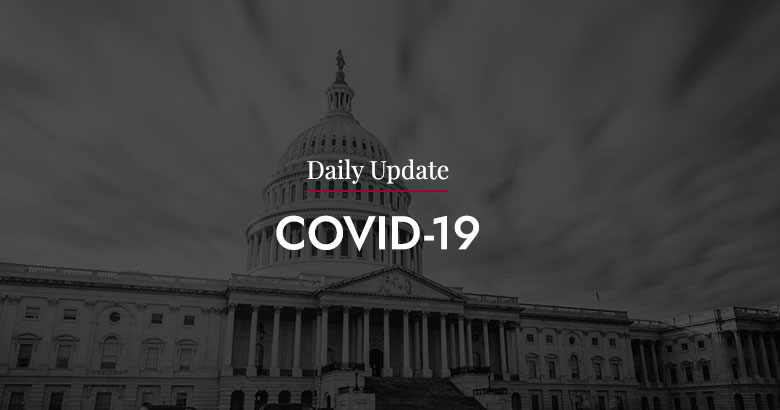COVID-19 Relief May Be On The Way – Highlights of the Proposed $908B Package
The next round of stimulus assistance may be on the way in the form of a $908 Billion package called the Bipartisan Emergency COVID Relief Act of 2020. (the “Act”). This bipartisan agreement is still working its way through the legislative process and the final bill will likely include changes from the current proposal.
Highlights of the Act as it was introduced include:
Paycheck Protection Program (PPP) & Small Business
- Second PPP Loan. Funding is provided to allow the hardest-hit small businesses to receive a second forgivable PPP loan. Eligibility would be limited to small businesses with 300 or fewer employees that have sustained a 30 percent revenue loss in any quarter of 2020.
- Deductibility and PPP. There is much uncertainty around whether or not businesses can deduct expenses that were used to qualify for a PPP loan. The IRS’s position is that these expenses may not be deducted. However, lawmakers have taken the position that the costs should be deductible as that was congressional intent of the PPP program. The Act addresses that issue and clarifies that expenses paid or incurred with forgiven PPP proceeds are still deductible.
- Additional Non-Profits Eligible for PPP. Section 501 (c)(6) organizations (except for lobbying organizations) will now be eligible for PPP loans if they have 150 or fewer employees. This provision will benefit many local chambers of commerce, economic development and tourism offices.
- Expansion of PPP Forgiveness. PPP forgivable expenses would be expanded to include supplier costs and facility modifications and personal protective equipment to operate safely.
- Simplified Forgiveness Process. The PPP loan forgiveness process would be simplified for borrowers with PPP loans of $150,000 or less.
- Special Help for Smaller Borrowers and Underserved Communities. New PPP funds would be dedicated for smaller borrowers and underserved communities, generally focused on (1) businesses with 10 or fewer employees and (2) loans made by small community lenders, including Community Development Financial Institutions (CDFIs), credit unions, small community banks, Minority Depository Institutions (MDIs) and farm service lenders; and for the Minority Business Development Agency.
Unemployment Assistance
According to federal program guidelines, all unemployment compensation programs created by the CARES Act are currently scheduled to expire at the end of December. The Act would add a $300-a-week supplement to unemployment benefits for 16 weeks.
Rental Assistance
The Act would provide $25 billion in rental assistance to state and local governments through the Coronavirus Relief Fund. 90 percent of the finds must be used for payment of rent, utilities and housing stability services. It would also provide an eviction moratorium until the end of January 2021.
Child Care Providers
The Act would provide $10 billion to support childcare providers struggling due to the COVID-19 pandemic.
To read the entire bipartisan bill dated Dec. 9, 2020, please click here.
To read the entire framework summary of the bipartisan bill dated Dec. 9, 2020, please click here.
DISCLAIMER: The WM Daily Update COVID-19, COVID-19 Business Resources and COVID-19 Client News Alerts and other related communications are intended to provide general information on legislative COVID-19 relief measures as of the date of this communication and may reference information from reputable sources. Although our firm has made every reasonable effort to ensure that the information provided is accurate, we make no warranties, expressed or implied, on the information provided. As legislative efforts are still ongoing, we expect that there may be additional guidance and clarification from regulators that may modify some of the provisions in this communication. Some of those modifications may be significant. As such, be aware that this is not a comprehensive analysis of the subject matter covered and is not intended to provide specific recommendations to you or your business with respect to the matters addressed.


